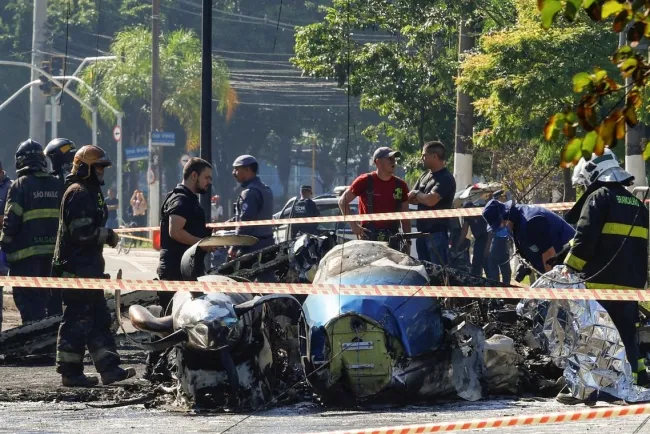South Korea's Disturbing Legacy: The World's Largest Baby Exporter
A recent investigation reveals South Korea's troubling history as the world's largest baby exporter, with the government now issuing apologies for past practices. What does this mean for adoptees and international relations? Read on for a deep dive into this shocking revelation.
South Korea, globally recognized for its vibrant K-pop culture, advanced technology, and beauty products, is now grappling with a dark chapter in its history. The country has earned the unsettling title of the world's largest baby exporter, as recent findings from the Truth and Reconciliation Commission have exposed a troubling practice of sending children abroad for profit. This revelation has prompted the South Korean government to issue apologies for the unethical practices surrounding international adoptions.
A Profitable Business at the Expense of Children
The commission's report highlights how, during the post-World War II and Korean War reconstruction era, adoption agencies engaged in dubious practices, treating children as commodities rather than human beings. The agencies reportedly falsified documents to present babies as orphans, even when they had parents willing to care for them. This lack of oversight allowed private adoption agencies to operate with impunity, leading to widespread exploitation.
The Truth and Reconciliation Commission investigated complaints from 367 adoptees across Europe, the U.S., and Australia over three years, marking the first official acknowledgment from the South Korean government regarding these issues. The report emphasizes that the state must take responsibility and apologize for the violations of rights experienced by South Korean adoptees.
Scale of the Adoption Industry
Since the end of the Korean War, approximately 200,000 South Korean children have been sent abroad, predominantly to the United States and Europe. This massive outflow has not only impacted the lives of the children involved but has also drawn international scrutiny. Countries like Norway and Denmark have initiated their investigations into these international adoptions, reflecting the global implications of South Korea's past practices.
U.S. Response and Ongoing Investigations
While several nations are taking steps to address the fallout from these revelations, the United States, which has received the highest number of South Korean adoptees, has yet to launch an investigation. This discrepancy raises questions about the accountability of adoption practices and the responsibilities of receiving nations.
Moving Forward: A Call for Accountability
The findings of the Truth and Reconciliation Commission serve as a crucial step towards addressing the historical injustices faced by South Korean adoptees. The government’s acknowledgment of these wrongdoings is essential for healing and moving forward. It illustrates the importance of ethical practices in international adoptions and the need for stringent regulations to protect the rights of children.
Conclusion
As South Korea confronts its past as the world's foremost baby exporter, the implications of this legacy extend beyond its borders. The ongoing investigations and calls for accountability signify a growing awareness of the ethical responsibilities inherent in international adoptions. The global community must remain vigilant to ensure that the rights of all children are upheld and that such exploitation is never repeated.
For more updates on this evolving story and its international ramifications, stay connected with our blog.
What's Your Reaction?















